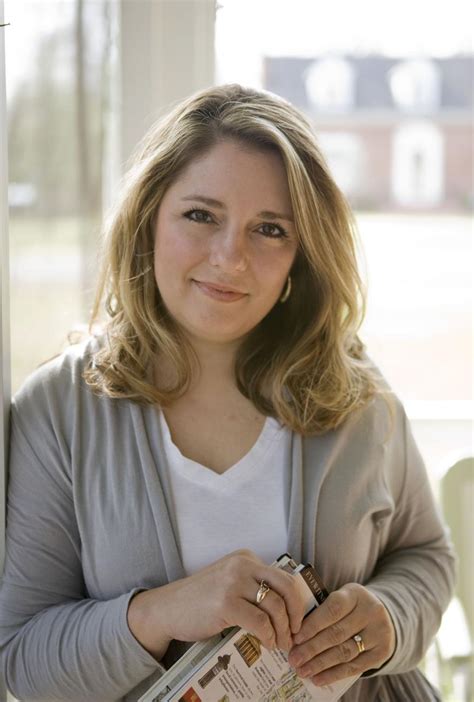A Quote by Stephen King
I want to engage the reader. I'm an emotional writer, in the sense that I would be happy if you re-read a book for the intellectual or the mental part of it, but, the first time, I just like to reach out and grab you, pull you in.
Related Quotes
With a 660-page book, you don't read every sentence aloud. I am terrified for the poor guy doing the audio book. But I do because I think we hear them aloud even if it's not an audio book. The other goofy thing I do is I examine the shape of the words but not the words themselves. Then I ask myself, "Does it look like what it is?" If it's a sequence where I want to grab the reader and not let the reader go then it needs to look dense. But at times I want the reader to focus on a certain word or a certain image and pause there.
For the Tintin books were my emotional universe. To read them felt quite simply like being loved: in advance and by an entire world of pure possibility, my future. But to write to the author was to reach out for the lover. Even today, the power of reading one remains visceral: each book acts as a form of transportation, not just to the emotional landscape of this first literary love affair but to very specific memories.
I would not want to forget the first time I read The Lord of the Rings. I would never want to forget that! That was so magical to me, and that was a real eye-opening experience. I was probably 11 when I read that and already a reader, but I think that book really showed me how you can be transported and how your imagination can take you to a whole other place.
Write what you want to read. So many people think they need to write a particular kind of book, or imitate a successful style, in order to be published. I've known people who felt they had to model their book on existing blockbusters, or write in a genre that's supposed to be "hot right now" in order to get agents and publishers interested. But if you're writing in a genre you don't like, or modeling yourself on a book you don't respect, it'll show through. You're your first, most important reader, so write the book that reader really wants to read.
No one can teach writing, but classes may stimulate the urge to write. If you are born a writer, you will inevitably and helplessly write. A born writer has self-knowledge. Read, read, read. And if you are a fiction writer, don't confine yourself to reading fiction. Every writer is first a wide reader.
No one can teach writing, but classes may stimulate the urge to write. If you are born a writer, you will inevitably and helplessly write. A born writer has self-knowledge. Read, read, read. And if you are a fiction writer, dont confine yourself to reading fiction. Every writer is first a wide reader.
The first comic I can remember ever reading was a 'Fantastic Four' issue that my dad bought out of the drugstore once. The thing that struck me about it was that the ending wasn't an ending. It was essentially a cliffhanger. It was the first time I had ever read anything like that, where you read a book, but the book isn't the book.
Every reader, as he reads, is actually the reader of himself. The writer's work is only a kind of optical instrument he provides the reader so he can discern what he might never have seen in himself without this book. The reader's recognition in himself of what the book says is the proof of the book's truth.































